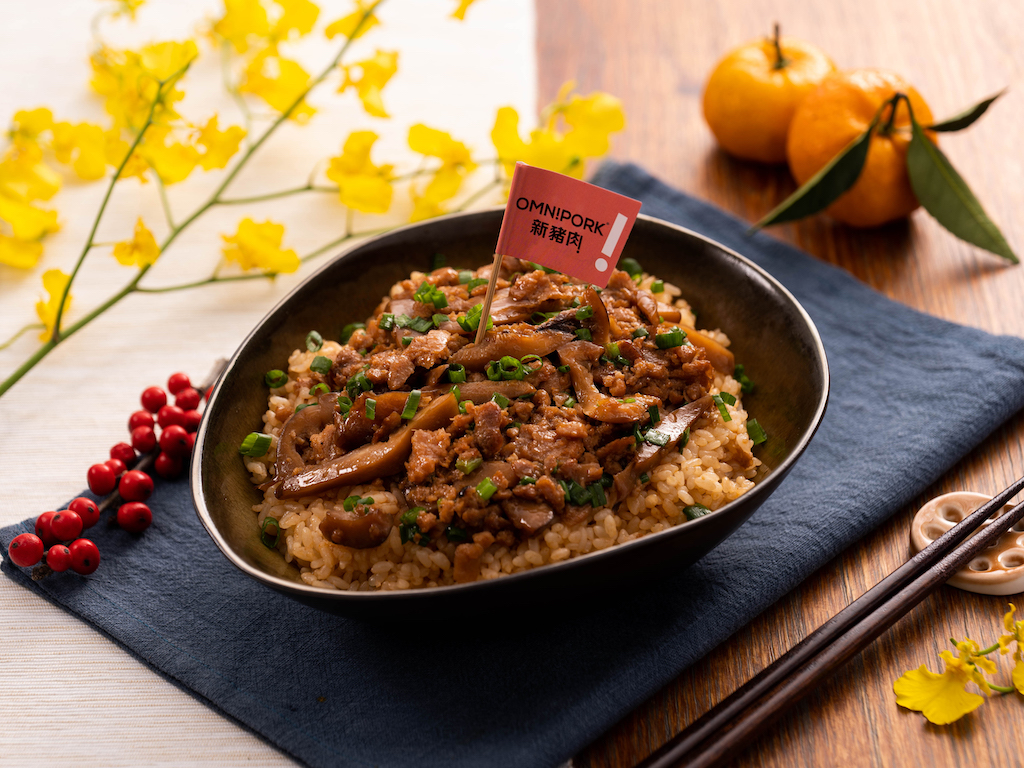3 Mins Read
A new report published by global consultancy firm OC&C Strategy Consultants finds that the rise of plant-based meat substitutes is causing a serious disruption to the protein industry. According to the research, the Chinese market is one to watch for large-scale changes in the future as its plant-based sector continues its rapid growth. It additionally highlights a number of factors driving the shift in consumer interest in meat alternatives, including health, environmental and animal welfare concerns as well as cost.
In a new international report by OC&C titled “Meat Substitutes: Will you survive or thrive the disruption?”, the authors believe that the rapid rise of plant-based meat substitutes will represent the “biggest threat and the biggest opportunity that the protein industry has seen in years.” Citing the meat-free market in the United States increasing to a whopping US$1.5 billion in 2018, which represents strong double-digit growth, the researchers predict that 10-20% of the current protein market will soon be displaced by plant-based alternatives.
The analysis draws on previous data from various bodies including Euromonitor International, market research firm IRI, media group Kantar, as well as primary survey data conducted by OC&C.
Read: Food companies compete for US$16 billion Asian plant-based meat market
While the report overviews global development of the plant-based meat industry, it highlights China’s massive market potential to drive growth and widespread change for protein in the future. Referring to the Good Food Institute’s (GFI) recent estimate that the Chinese plant-based meat market is growing at an annual rate of 14.3% since 2014 and has already surpassed RMB 6.1 billion, analysts at OC&C believe that there will be more consumer demand and investor appetite to explore more opportunities in the meat-free sector to come.
Commenting on the developments in China, Adam Xu, partner at OC&C said that while “vegetarian food has traditionally been an important part of Chinese menus,” the uptick of interest in plant-based meat alternatives has emerged because of health considerations, as well as environmental awareness and animal welfare concerns, which are more prevalent concerns among young consumers in China.
In the wake of the current coronavirus (Covid-19) epidemic, Xu added that it will likely prompt stronger food safety standards, “especially with regards to quality supervision”, but the ultimate shift will still rely on mass consumer demand and is “dependent on how quickly Chinese consumers embrace alternative meats”.
Read: China’s Impossible Foods rival Zhenmeat seeks major funding for growth
While the report acknowledges the steadily expanding numbers of vegan and vegetarians globally, it notes that the push for plant-based alternatives will also be bolstered by a large percentage of the population who will become “meat reducers” or flexitarians.
This trend, according to the research, will not only be motivated by a wide range of consumer concerns, including the awareness about the environmental impact of animal farming, the health benefits associated with plant-based diets and ethical concerns about animal welfare, but also the factor of cost. OC&C’s analysis finds that the price of traditional cuts of animal meat has risen faster than that of the rapidly growing meat alternative sector, which will help close the price disparity for consumers.
Last year, a report by global consultancy AT Kearney came to a similar conclusion. Looking at the advent of clean or cell-based meat in addition to plant-based meat innovation, the researchers predict that by 2040, the majority of meat consumption will no longer come from conventional livestock farming but will instead be grown in labs from animal cells or manufactured using plant-based ingredients. Much of the growth of alternative proteins, the analysts concluded, will be driven by Asia.
Want to know more about Asia’s alternative protein space? Download the first in-depth Asia Alternative Protein Report: New Protein New Decade by Green Queen Media here.
Lead image courtesy of Green Monday.




